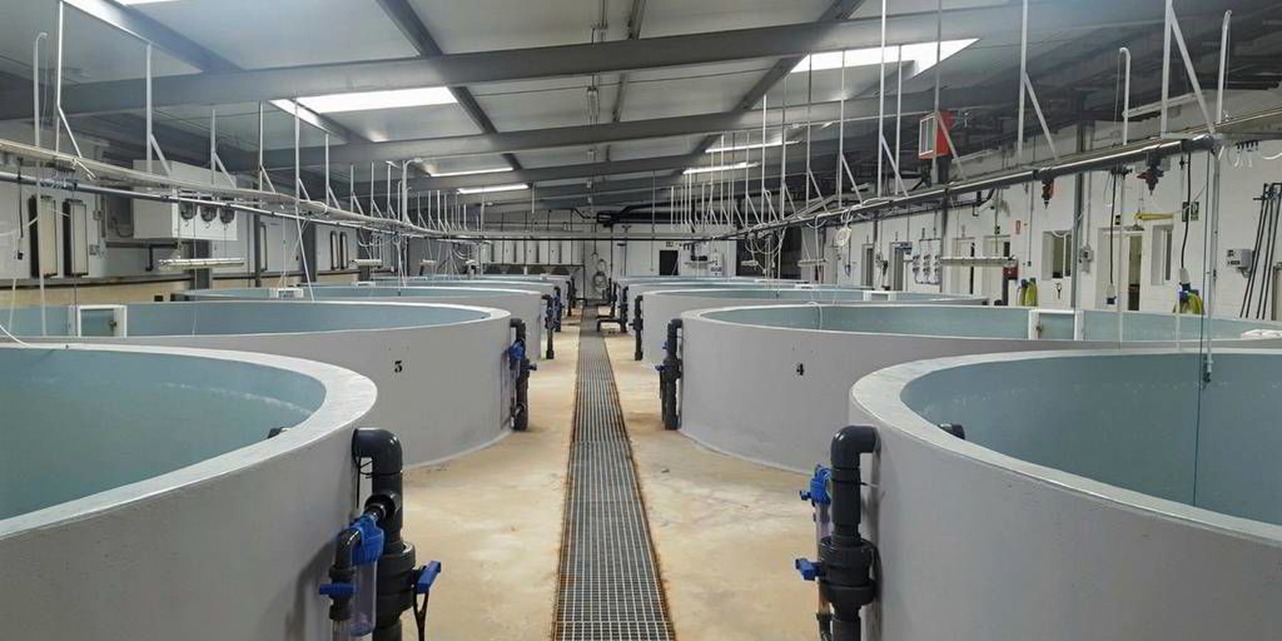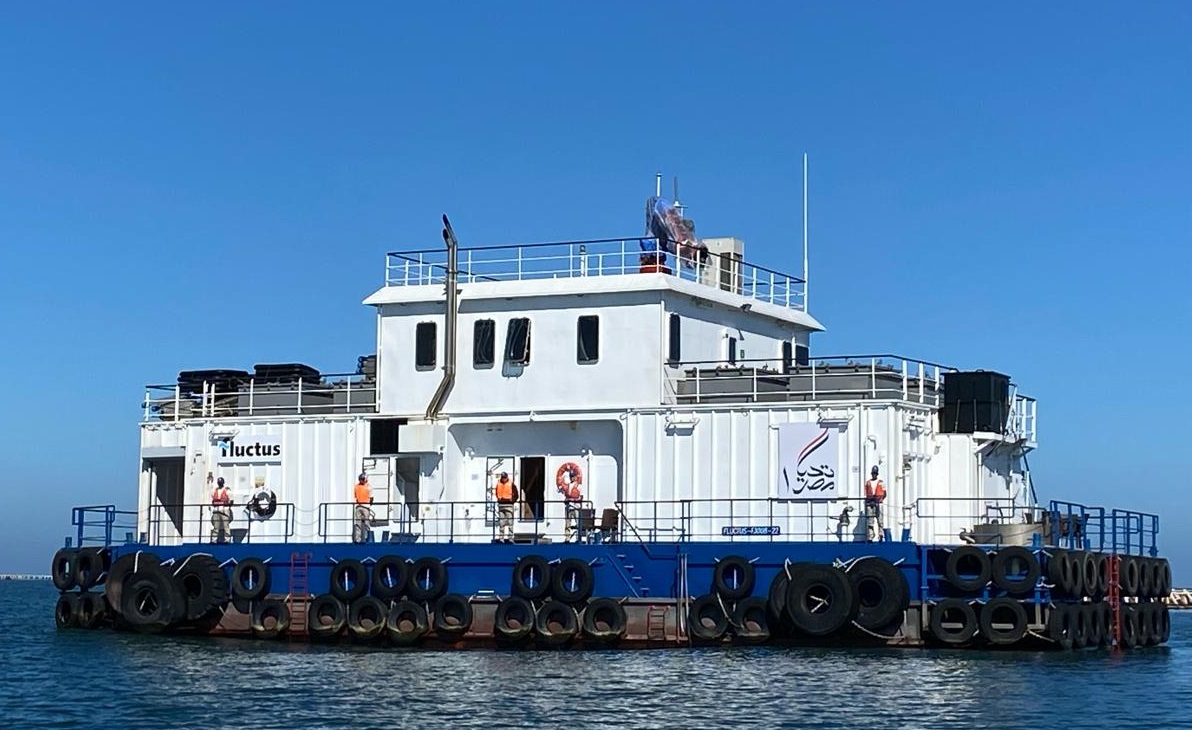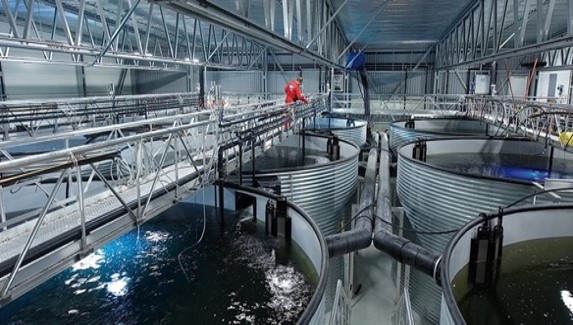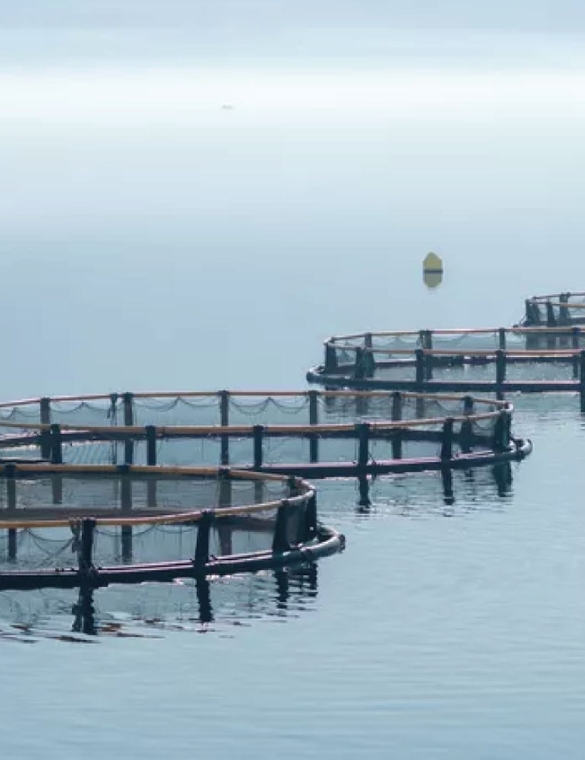
Aquaculture is a vital component of global food production, providing a significant source of protein for billions of people. However, the conventional practices of some fisheries and aquaculture operations have led to environmental degradation, overfishing, and ecosystem imbalances. As the world’s population continues to grow, so does the demand for seafood. It is imperative that we transition to sustainable practices to preserve our oceans and meet the nutritional needs of a growing population.


Environmental Impact
Traditional aquaculture practices often result in habitat destruction, pollution, and excessive use of resources. Overfishing depletes wild fish populations, disrupting the delicate balance of marine ecosystems. RenAq acknowledges these challenges and is committed to mitigating the environmental impact of fish farming through sustainable practices.
Our Commitment to Sustainability
At RenAQ, sustainability is at the core of our business model. We are dedicated to implementing practices that promote the well-being of our oceans, minimize ecological footprint, and contribute to the overall health of aquatic ecosystems.

Sustainable Farming Practices
Our aquaculture systems prioritize the use of responsible feed, efficient water management, and low-impact technologies. We employ state-of-the-art recirculating aquaculture systems (RAS) that minimize water usage, reduce waste, and allow for the efficient control of environmental parameters. These practices not only benefit the environment but also enhance the quality and safety of our seafood products.
Certification and Transparency
RenAQ is committed to meeting and exceeding international sustainability standards. We actively seek certifications from reputable organizations that endorse our commitment to responsible aquaculture. Additionally, we believe in transparency and traceability, ensuring that consumers can make informed choices about the origin and sustainability of the seafood they purchase.
Economic Benefits
Sustainable aquaculture is not only good for the environment but also for the economy. By adopting responsible practices, we contribute to the long-term viability of the industry, creating stable jobs and supporting local communities that depend on fisheries.
In conclusion, sustainable aquaculture is not just a choice; it is a necessity for the health of our planet and the well-being of future generations.
RenAQ invites you to join us in this mission to promote responsible fish farming and make a positive impact on the world.
